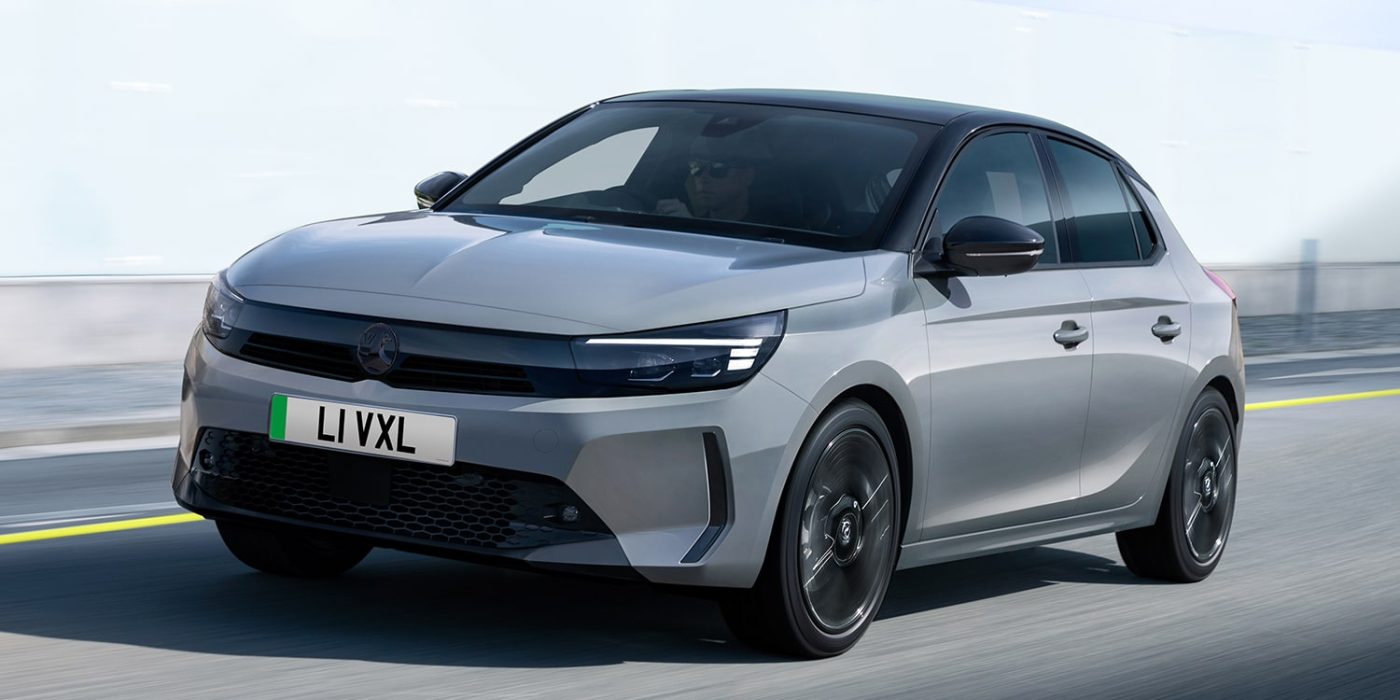Jersey Island releases EV incentives
The Government of Jersey, the largest English Channel island near the coast of France, has launched e-mobility incentives. Islanders can now get up to £3,500 towards purchasing a new or used electric car or van under certain conditions.
The financial support is limited to electric vehicles costing up to £40,000 and is for 35% of the vehicle cost, up to the maximum of £3,500. Used cars are also eligible for the purchase scheme but must be new to the Island and bought through an approved retailer.
Electric motorcycles and mopeds are also included in the new scheme, and drivers may claim up to £300 off the two-wheelers costing under £5,000.
Lastly, Jersay also helps homeowners and small businesses to fund charging stations with £350, which can be applied for and installed via the scheme’s approved electricians.
Funding for the incentives was allocated through the Carbon Neutral Roadmap drafted to set Jersey on a path to net zero emissions by 2050.
The Minister for Energy and Climate Change, Deputy Hilary Jeune, said transport is still responsible for around 40% of carbon emissions in Jersey, “so speeding up the uptake of electric vehicles is a way in which we will start to make real inroads towards our net zero targets”.
She added the aim was to get more electric vehicles into the Island while also reducing the number of petrol and diesel vehicles coming there.
The schemes will run parallel to the Sustainable Transport Policy, which supports active travel through improved cycling infrastructure, initiatives such as School Streets, and improved bus service to reduce overall motor car journeys in Jersey.
The island country is a self-governing British “Crown Dependency” and, therefore part of the British Island, not the United Kingdom. Jersey has around 103,000 inhabitants living in an area of 120 square kilometres (46.2 square miles). It measures roughly 9 miles (14 km) from west to east and 5 miles (8 km) north to south and has 70 km of coastline. Humans have lived on the island since at least 12,000 BCE.





0 Comments